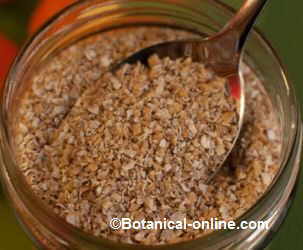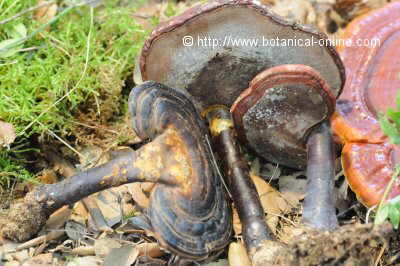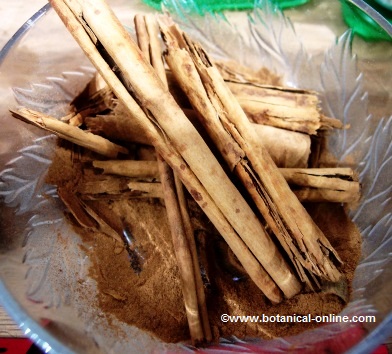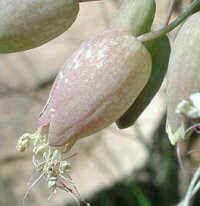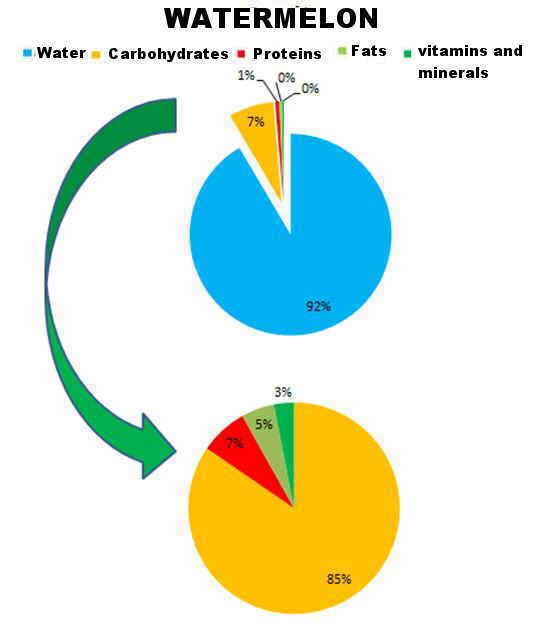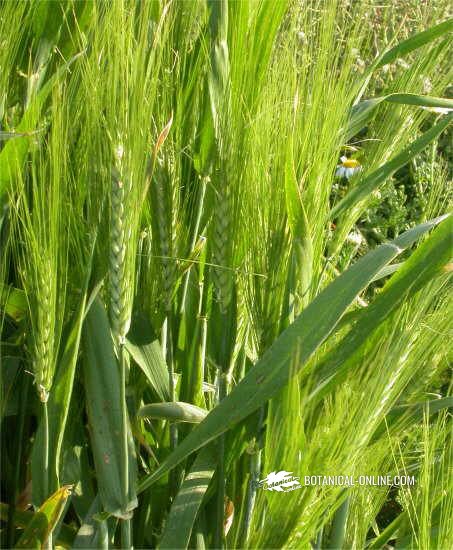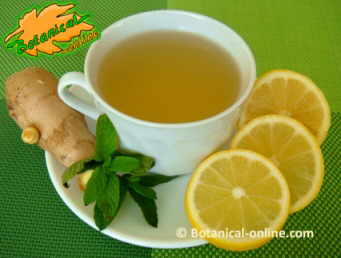Contents
- 1 Control phosphorus and phosphates to avoid organism acidity and progression of CRF
- 1.1 HOW TO CONTROL PHOSPHORUS IN CHRONIC KIDNEY INSUFFICIENCY
- 1.2 Why do you have to control the phosphorus in the diet?
- 1.3 When and how should phosphorus be controlled?
- 1.4 How much phosphorus should be consumed?
- 1.5 In which foods is there any phosphorus?
- 1.6 Phosphate additives, very damaging to chronic renal failure
- 1.7 Foods rich in phosphorus to AVOID
- 1.8 Importance of reducing ultraprocessed
- 1.9 What foods are NOT suitable for CRF?
- 1.10 Suitable phosphorus foods for CRF
- 1.11 Control of proteins in chronic renal failure
Control phosphorus and phosphates to avoid organism acidity and progression of CRF
HOW TO CONTROL PHOSPHORUS IN CHRONIC KIDNEY INSUFFICIENCY
Why do you have to control the phosphorus in the diet?
In kidney disease, phosphorus control is important because its excess produces hyperphosphatemia (abnormally high levels of phosphate in the blood), resulting in acidification of the body, calcification of the arteries, alterations in mineral bone metabolism, and a factor of risk of renal disease morbidity and mortality.
When and how should phosphorus be controlled?
It is recommended to control phosphorus to all people with kidney disease. To all of them, it is recommended to select foods that contain little phosphorus to avoid hyperphosphatemia.
Adequate control of plasma phosphorus levels will prevent calcification of the arteries, a major cardiovascular risk factor in these patients.
On the other hand, it is important to avoid that the phosphorus control compromises the protein supply of the diet.
This article mentions sources of phosphorus and the difference between phosphorus of organic and inorganic origin, an important aspect to take into account when making dietary recommendations.
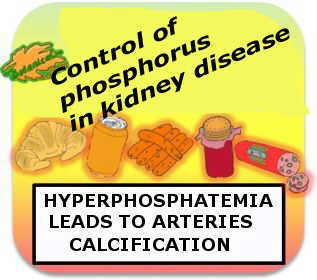
The consumption of foods rich in proteins and phosphates produces hyperphosphatemia
How much phosphorus should be consumed?
The desirable intake of phosphorus is 600 – 900 mg per day, although it is a very difficult quantity to assume, since most diets exceed it.
For this reason, the physician sometimes uses therapeutic strategies to achieve phosphorus control, including dietary restriction of phosphorus, reduction of intestinal absorption through the use of chelators, and phosphorus clearance with dialysis.
In which foods is there any phosphorus?
Phosphorus is a mineral found to be part of proteins. But it is important to mention that phosphorus is not only found in foods rich in protein, but is also part of many gasifying additives and is also added in foods rich in minerals.
Phosphate additives, very damaging to chronic renal failure
All ultraprocessed foods are strongly discouraged in kidney disease. The reason is not only a nutritional issue (junk food rich in salt, bad fats,…), but the presence of additives that are highly damaging to the kidneys.
Foods with phosphate additives have a greater potential to produce undesired hyperphosphatemia. Phosphates are gasifying additives and are often added to biscuits, cereals, soda or fizzy drinks, cakes, pastries (also homemade), products and bicarbonate remedies, etc.
Foods rich in phosphorus to AVOID
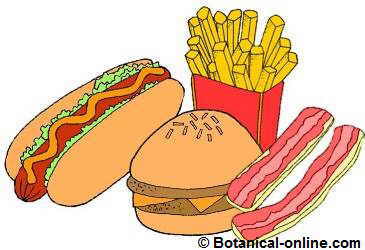
Junk food is rich in phosphorus, sodium and bad fats, and should be avoided.
For this reason it should be avoided to consume food with additives containing phosphates, which are:
AVOID CONSUMPTION:
- Soft drinks with gas (phosphate additives)
- Industrial pastries, cookies, bread, snacks (additives, excess sodium, bad fats)
- Sausages, processed meat, cold meats, chopped, pizzas and precooked food of any kind… (additives, excess sodium, bad fats)
- Breakfast cereals and vegetable drinks enriched with calcium phosphate (containing phosphates, either in the form of an additive or in minerals for the enrichment of these products)
Importance of reducing ultraprocessed
- Phosphate foods have a greater impact on hyperphosphataemia than the same amount of phosphorus from protein-rich foods.
To understand the importance of not consuming phosphates (additives), it is necessary to explain the difference between organic and inorganic phosphorus in foods, much worse this second. To put it another way, the phosphorus of the additives is worse, than the phosphorus of the proteins:
– Organic phosphorus, which is contained in proteins, has a low absorption, between 30 – 60%. This difference depends on the food. For example, legume phytates decrease the absorption of phosphorus. In contrast, the absorption of phosphorus is higher in animal proteins.
– Inorganic phosphorus is the one that contains the chemical additives (phosphates), like sparkling drinks and processed meats. This phosphorus has a very high absorption (90 to 100%), which means that the additives have a greater effect on hyperphosphatemia than an equivalent amount of phosphorus of protein origin. Phosphate additives may be raising agents (E338 phosphoric acid, E543 polyphosphates, etc.) or minerals used to enrich foods (tricalcium phosphate, etc.).
There is scientific evidence that educating the patient with CRF to avoid foods with phosphates (additives) can significantly decrease phosphataemia. Therefore, it is important to avoid these people consuming soft drinks, enriched cereals, cold meats, and other sources of ultra-processed foods with phosphates. |
What foods are NOT suitable for CRF?
Therefore, to control phosphorus, it will be important for patients with chronic renal failure (CRF) to avoid the following products:
- Pre-cooked products, sweetened soft drinks, industrial sauces and others: Industrial products have proven to be very harmful due to their content in phosphates (industrial additives), which increase phosphatemia even more than proteins.
- The consumption of white bread or other bakery products is not recommended since, in addition to phosphates, it usually contains a lot of salt. In addition, as mentioned, bread without salt is also not very advisable, since it contains phosphate gasifiers, very unadvisable for kidney disease. Bread can be eaten without salt, but not in excess.
Suitable phosphorus foods for CRF
Phosphorus restriction should be performed without compromising the correct protein intake of the patient with renal failure. The adequacy or otherwise of a type of protein food basically depends on a measure called protein phosphate ratio of food.
Control of proteins in chronic renal failure
You can not eat certain foods rich in proteins that contain too much phosphorus or purines. The following section specifies what amounts and types of protein-rich foods are adequate, and which ones should not be consumed: Proteins in chronic kidney disease
*More information:
– List of good and bad food for chronic kidney disease
– How much can you drink in chronic kidney failure?
– How to remove potassium from food
– Supplements for chronic kidney failure
![]() More information on kidney disease diet guide an other kidney diseases.
More information on kidney disease diet guide an other kidney diseases.

